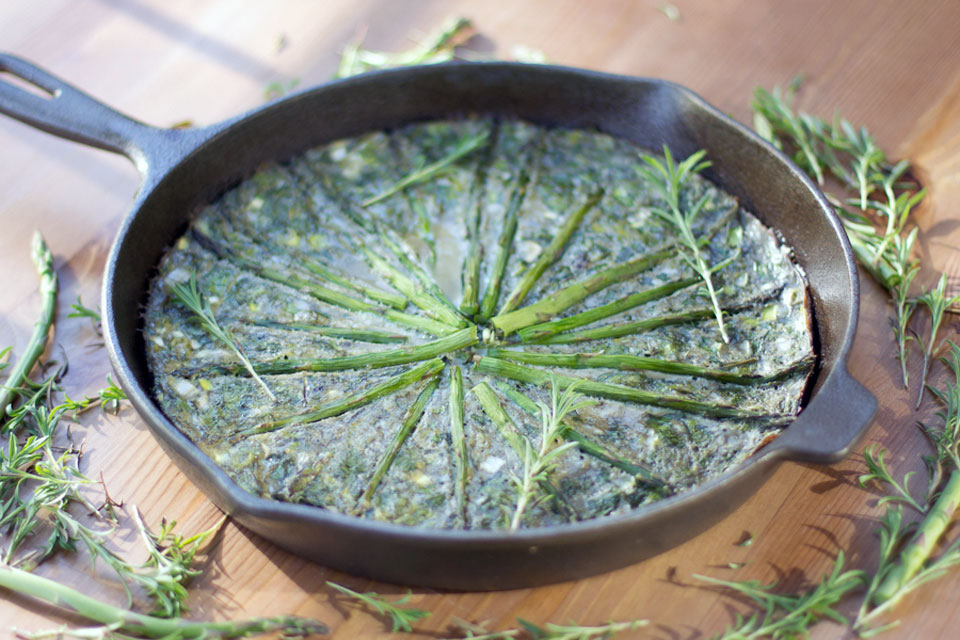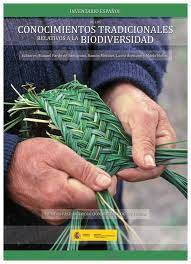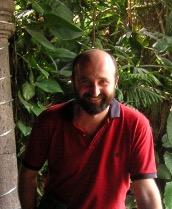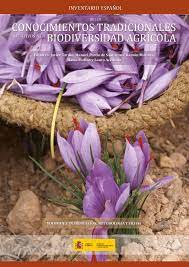
Professor Manuel Pardo-de-Santayana presents this years lecture at Jodrell Lecture Theatre, Kew Gardens, 5 pm on October 12th. He'll describe his work to document and preserve traditional botanical knowledge, especially that of wild plant foods and medicines across Spain.
The recorded lecture is now available on the CBCD YOUTUBE site: HERE
Protecting traditional botanical knowledge in the era of open science: lessons learned from Spain
In the current context of global change, traditional botanical knowledge is suffering deep erosion, especially in industrialized countries such as Spain. Ethnobotanical studies in Spain show that this erosion is not homogeneous, and that there are knowledge areas such as health or food where erosion is not so deep. In this lecture, he describes environmental, econo mic, and cultural factors that may explain the general erosion trend across Spain, such as the abandonment of traditional agricultural practices, and then highlights a countertrend in the continuing value of gathering and use of wild plants for food and medicine.
mic, and cultural factors that may explain the general erosion trend across Spain, such as the abandonment of traditional agricultural practices, and then highlights a countertrend in the continuing value of gathering and use of wild plants for food and medicine.
Given the importance of traditional ecological knowledge, two Spanish initiatives promoting its documentation, protection and return to society are described: (1) The Spanish Inventory of Traditional Knowledge related to Biodiversity that compiles and publishes information on the traditional use and management of flora, fauna, fungi, geodiversity, and ecosystems; and (2) CONECT-e (www.conecte.es), an online platform where citizens can document knowledge and uses of wild and domesticated species. Using open data and copyleft licenses, these initiatives contribute to the maintenance of traditional botanical knowledge in the commons, guaranteeing the free exchange and reproduction of knowledge.
 Professor Manuel Pardo-de-Santayana is a botanist and ethnobotanist in the Biology Department at the Universidad Autónoma de Madrid and the Real Jardín Botánico in Madrid. Since 1997, he has been working on different aspects related to the use of plants: traditional use and its evolution, productivity, nutrition and sustainability of these resources, especially wild food plants, traditional cultivars and medicinal plants in the Iberian Peninsula. Amomg his many publications, he co-edited the volume Ethnobotany in the new Europe: people, health, and wild plant resources, and was one of the lead researchers of the Spain wide study, Spanish Inventory of Traditional Knowledge related to Biodiversity published in several volumes.
Professor Manuel Pardo-de-Santayana is a botanist and ethnobotanist in the Biology Department at the Universidad Autónoma de Madrid and the Real Jardín Botánico in Madrid. Since 1997, he has been working on different aspects related to the use of plants: traditional use and its evolution, productivity, nutrition and sustainability of these resources, especially wild food plants, traditional cultivars and medicinal plants in the Iberian Peninsula. Amomg his many publications, he co-edited the volume Ethnobotany in the new Europe: people, health, and wild plant resources, and was one of the lead researchers of the Spain wide study, Spanish Inventory of Traditional Knowledge related to Biodiversity published in several volumes.
A global database of plant services for humankind
Maximum levels of global phylogenetic diversity efficiently capture plant services for humankind
Taming the pandemic? The importance of homemade plant-based foods and beverages as community responses to COVID-19
Inventario Español de los Conocimientos Tradicionales relativos a la Biodiversidad. Fase II (Tomo 1)
